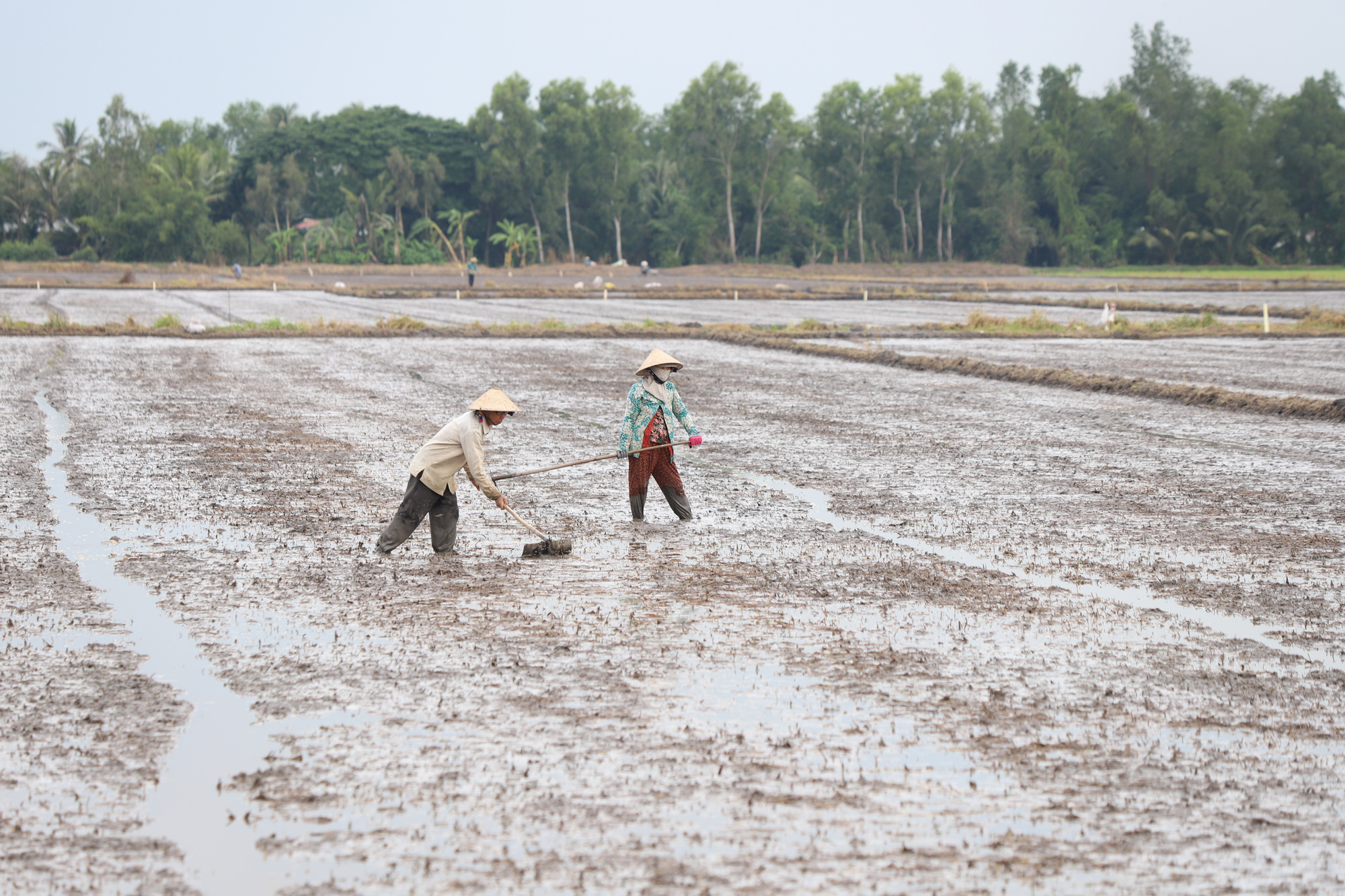
The "digestibility" of rice-growing soil in the Mekong Delta is decreasing, unable to "digest" nutrients - Photo: CHI QUOC
On the afternoon of October 2, in Can Tho City, the first national workshop on "Soil and Fertilizer" in 2024 took place with the theme "Actual status of rice soil fertility in the Mekong Delta and solutions to improve the efficiency of fertilizer use in rice cultivation".
At the workshop, Professor Nguyen Bao Ve, former head of the Faculty of Agriculture (Can Tho University), commented that the rice-growing soil in the Mekong Delta has not reached the alarming level of nitrogen, phosphorus, and potassium, but the "easily digestible" level of the soil is gradually decreasing.
He likened this to parents being rich (lots of nutrients in the soil) but their children still being poor (because they cannot absorb them).
To solve this problem, we need technical solutions from farmers and solutions from fertilizers.
Firstly, straw should not be burned or sold, but should be returned and buried in the soil using biological treatment. Secondly, the cultivation layer should be made thicker, ideally 10-15cm, instead of 7-8cm as it is now.
Third, it is necessary to have time to expose the soil. Currently, due to seasonal pressure, people do not have a choice, while the fields are being harvested, they have already incubated seeds for the new crop. The ideal time to expose the soil is about 3 weeks.
Fourth is to make ditches in the fields, this will affect the fertility of the soil.
Fifth is to soak the soil. After a period of exposure, it is time to soak the soil for about 2 weeks to improve the acidity of the soil. The final solution is to use fertilizer at the beginning of the season.
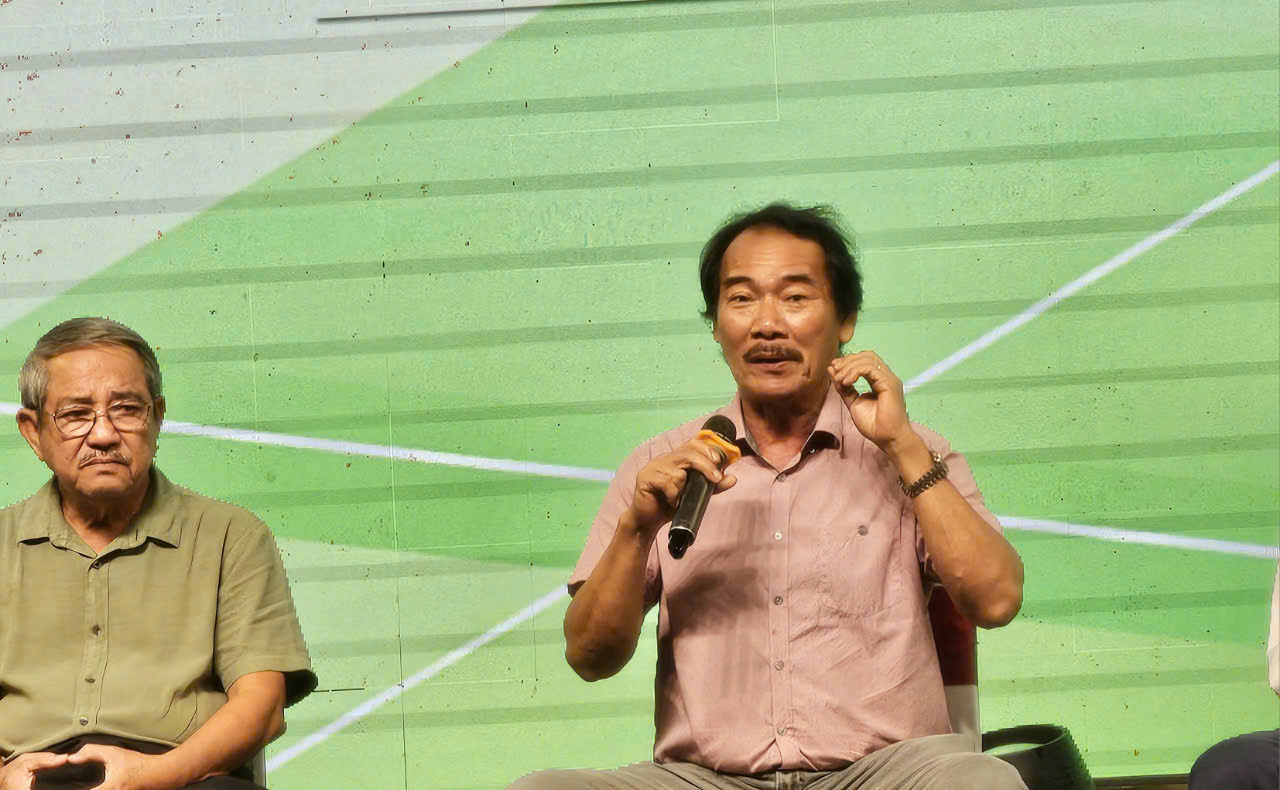
Mr. Le Quoc Phong speaks at the conference - Photo: CHI QUOC
Mr. Le Quoc Phong - Chairman of the Board of Directors of Binh Dien Fertilizer Joint Stock Company - hypothesized that with the current method of fertilization, if there is no change, in 50-60 years, will the next generation still be able to cultivate?
"People who have been working in fertilizer for 41 years like me have always thought that the problem is not the fertilizer factor, but the soil factor. The Mekong Delta has a lot of nutrients in the soil, but the absorption is getting less and less.
The more fertilizer is applied, the more nutrients remain in the soil, the more degraded the soil becomes, so it must be released.
Recently, we have made breakthroughs in some highly effective products to save on fertilizer quantity and application frequency. But to save, we must first solve the soil problem, making the soil loose and porous, with microorganisms.
As vice president of the Vietnam Fertilizer Association, I always advise manufacturers to always be responsible to farmers, bring scientific and technical advances, apply scientific and technical advances to improve the soil and then think about selling fertilizers later.
Fertilizer sales may decrease, but with responsibility for the land and farmers, a new approach is needed to solve the problem," said Mr. Phong.
Source: https://tuoitre.vn/do-de-tieu-cua-dat-trong-lua-o-dong-bang-song-cuu-long-dang-giam-20241002171043001.htm


![[Photo] Special relics at the Vietnam Military History Museum associated with the heroic April 30th](https://vstatic.vietnam.vn/vietnam/resource/IMAGE/2025/4/3/a49d65b17b804e398de42bc2caba8368)
![[Photo] General Secretary To Lam receives Japanese Ambassador to Vietnam Ito Naoki](https://vstatic.vietnam.vn/vietnam/resource/IMAGE/2025/4/3/3a5d233bc09d4928ac9bfed97674be98)


![[Photo] Moment of love: Myanmar people are moved to thank Vietnamese soldiers](https://vstatic.vietnam.vn/vietnam/resource/IMAGE/2025/4/3/9b2e07196eb14aa5aacb1bc9e067ae6f)







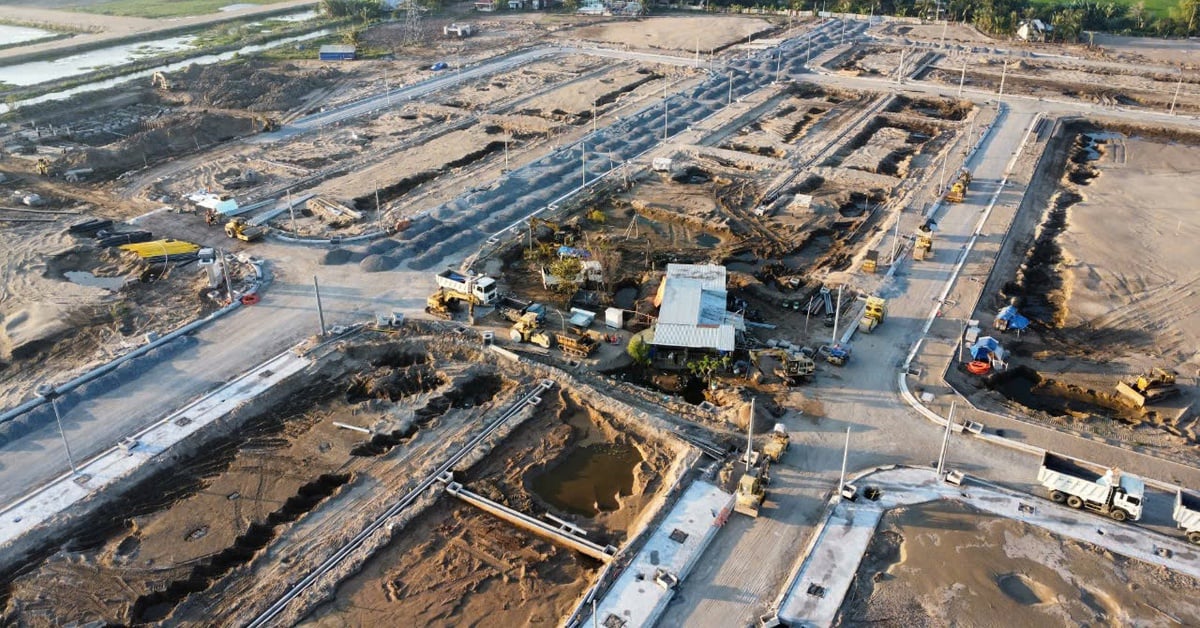
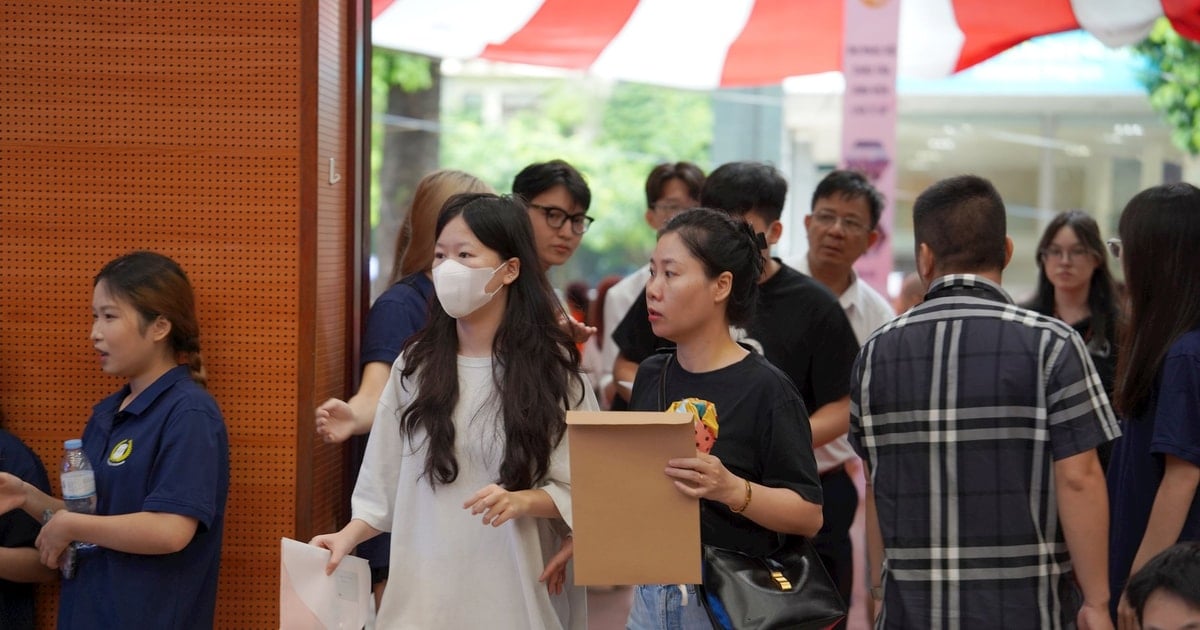

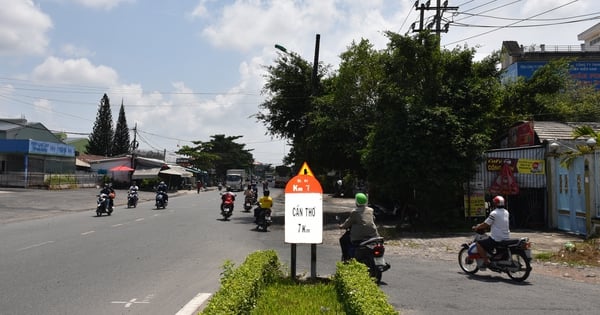

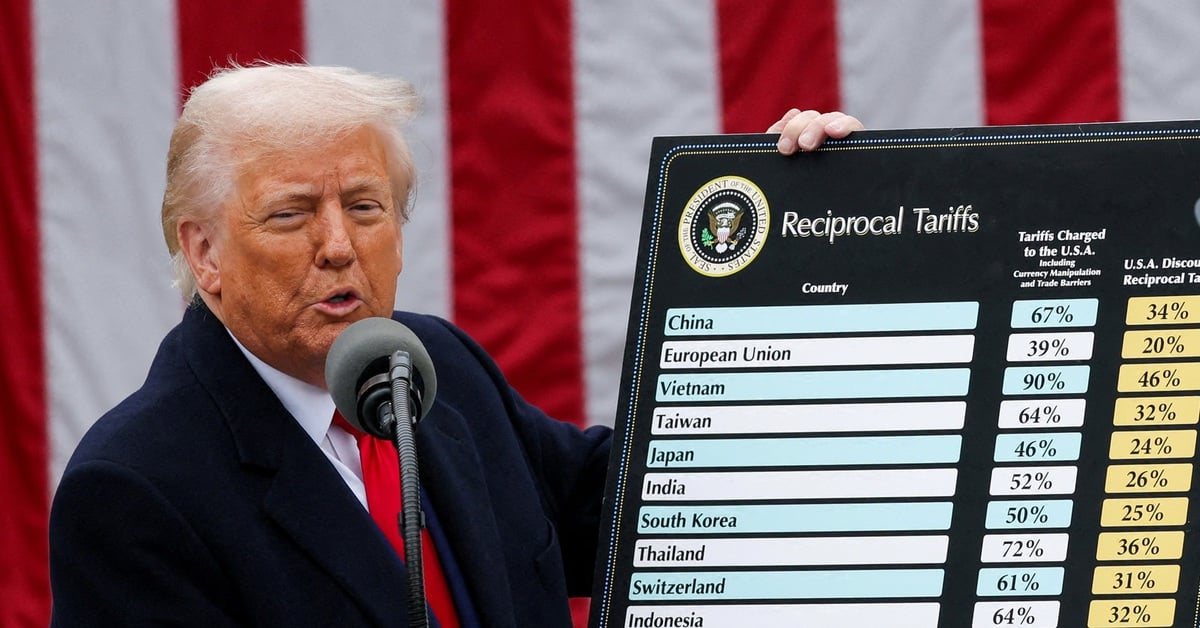

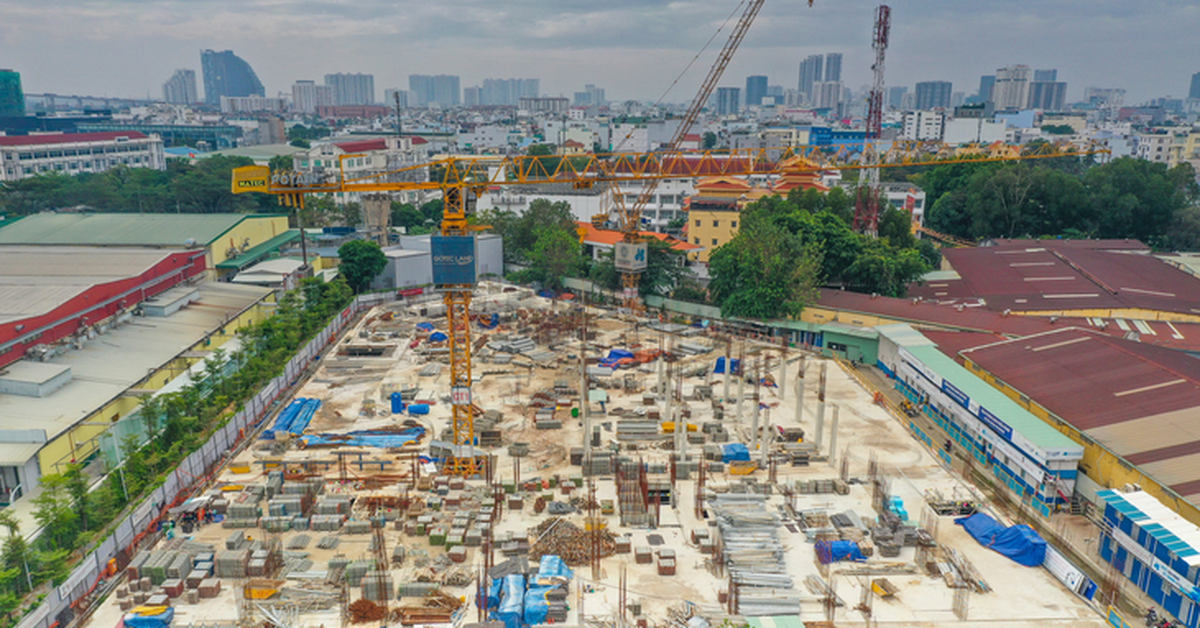
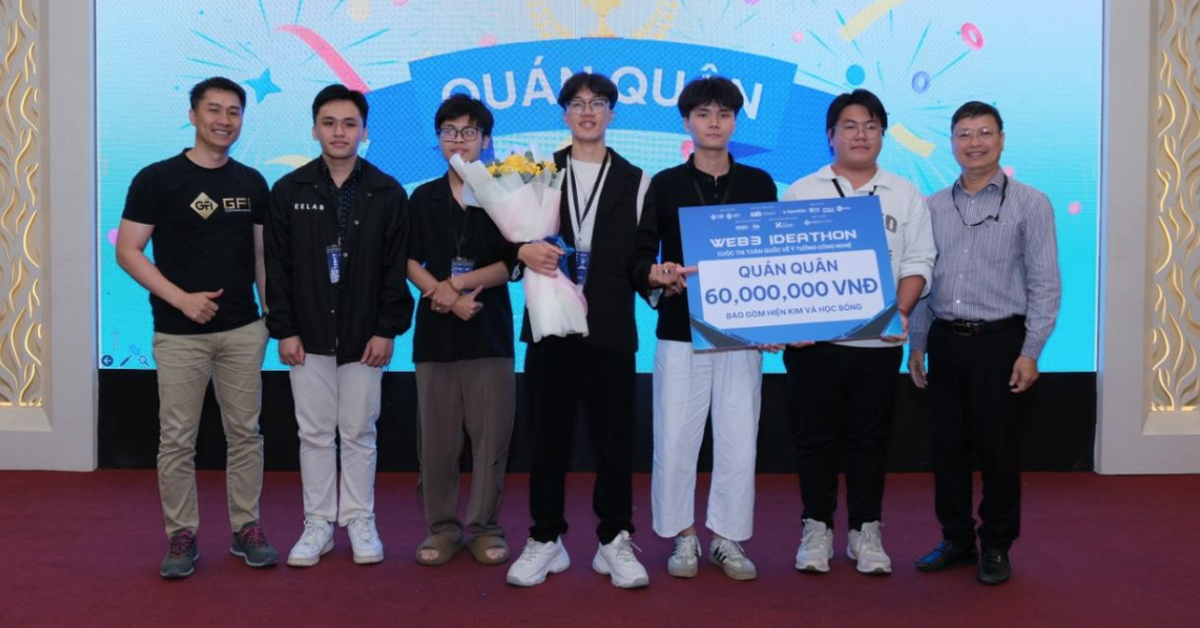






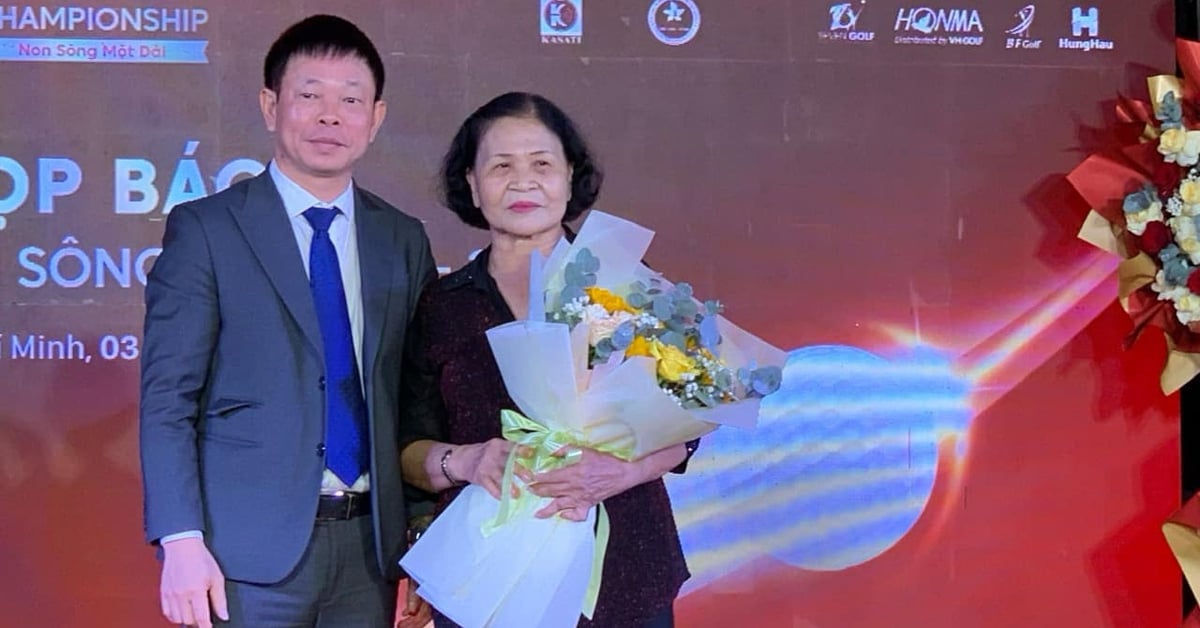

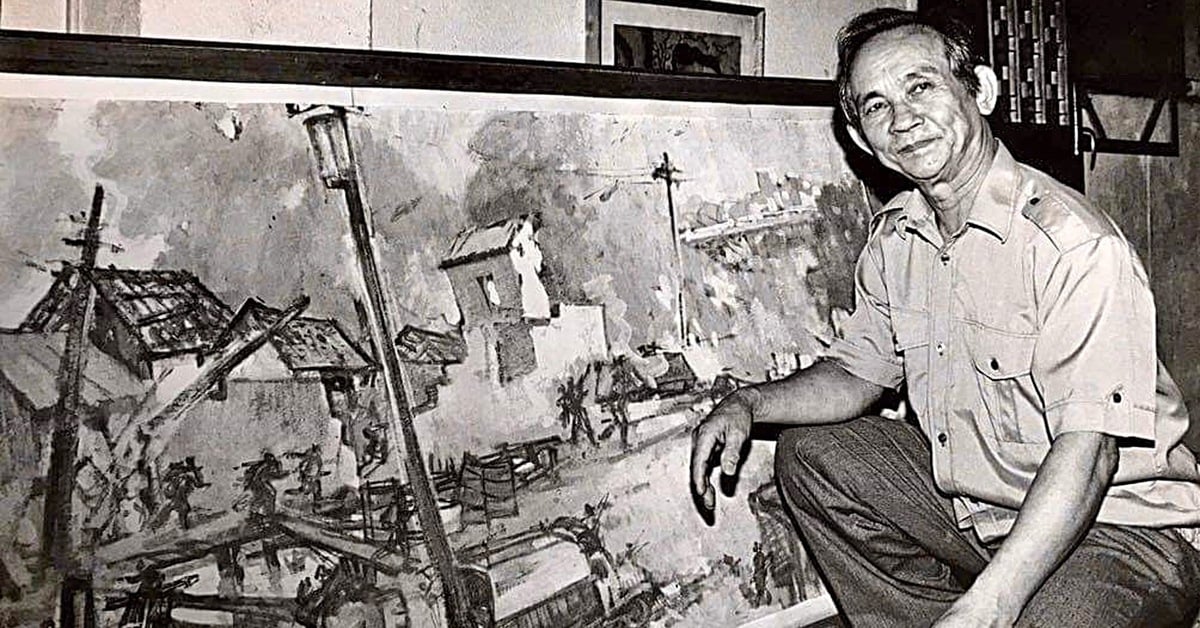

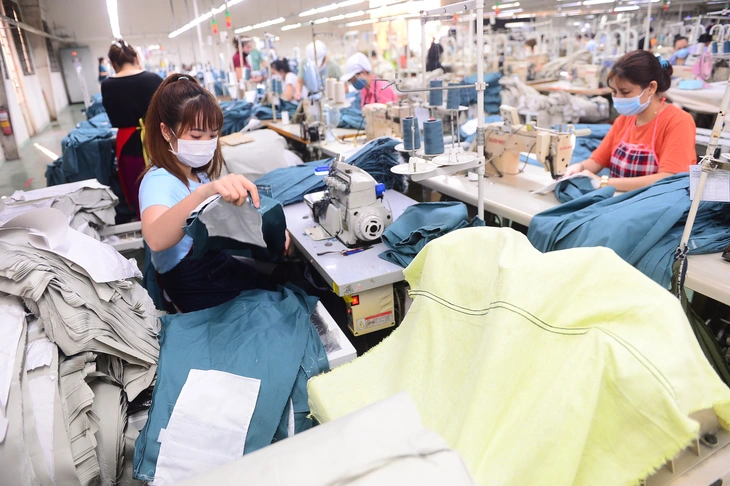




























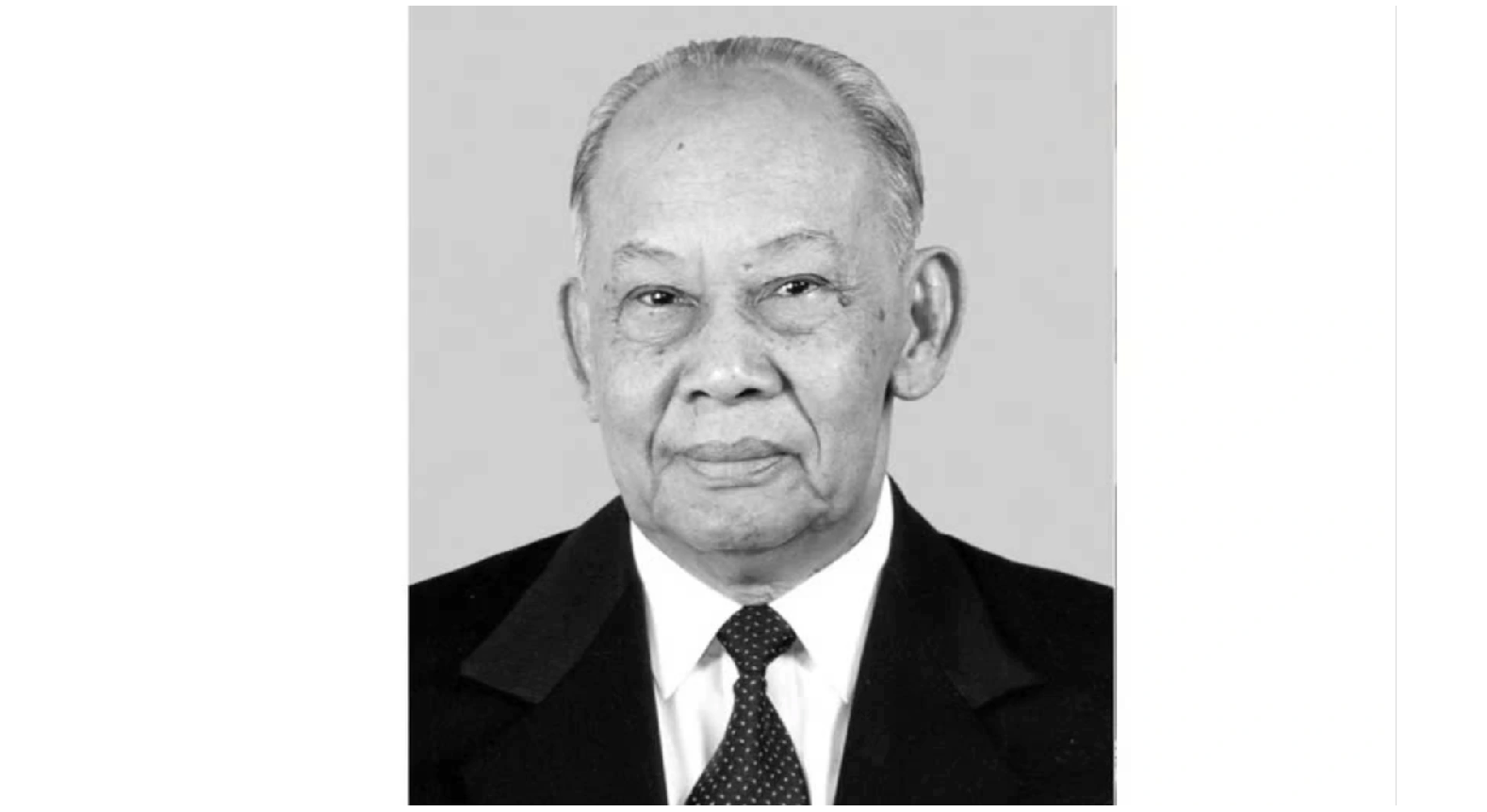
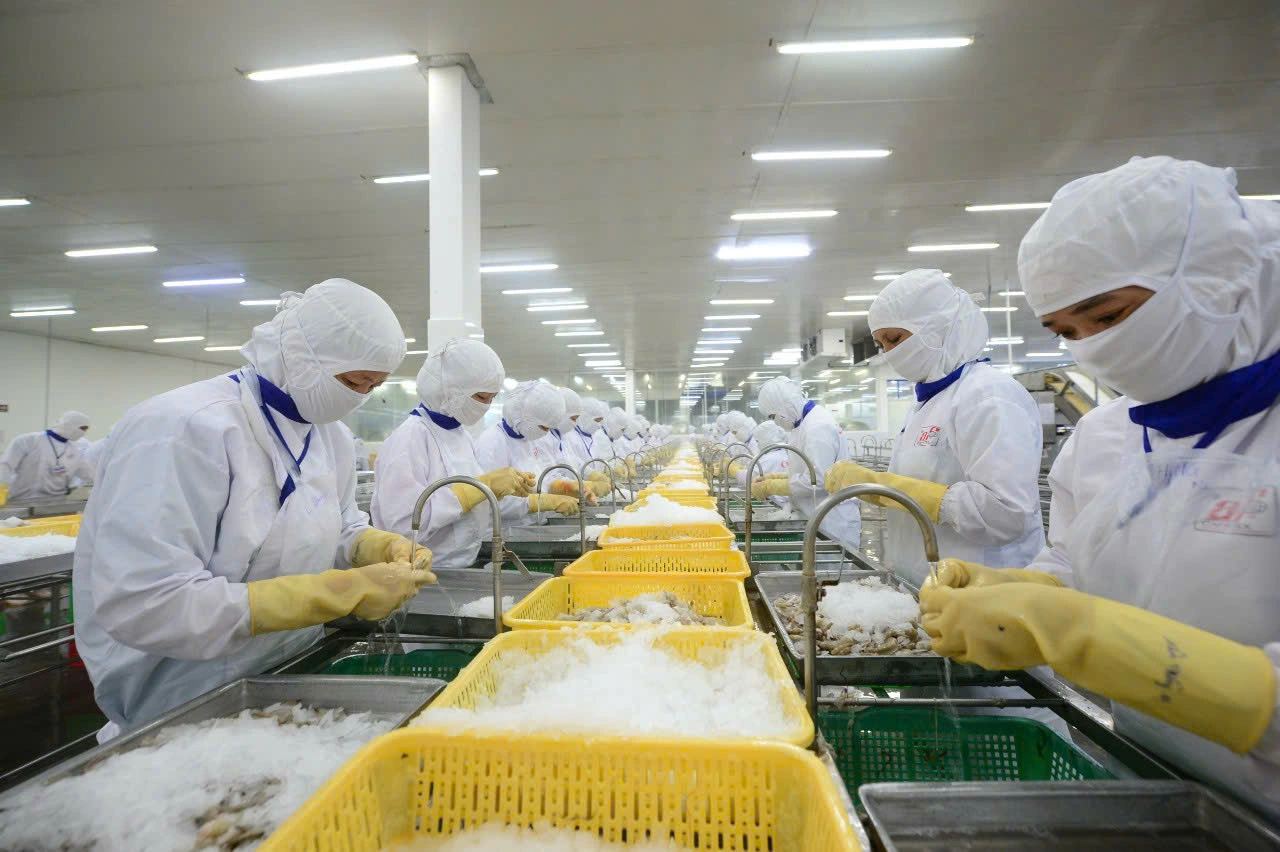






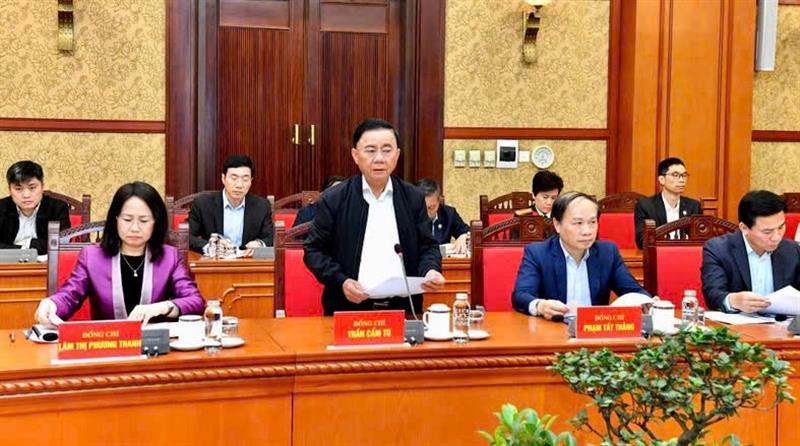


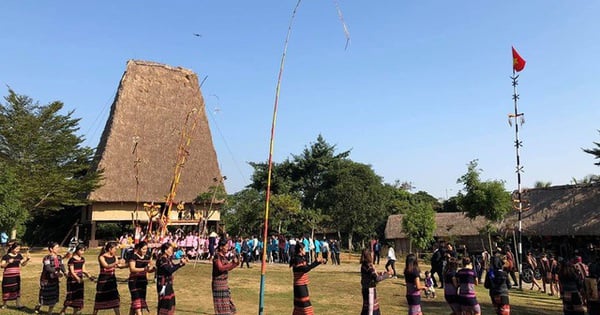
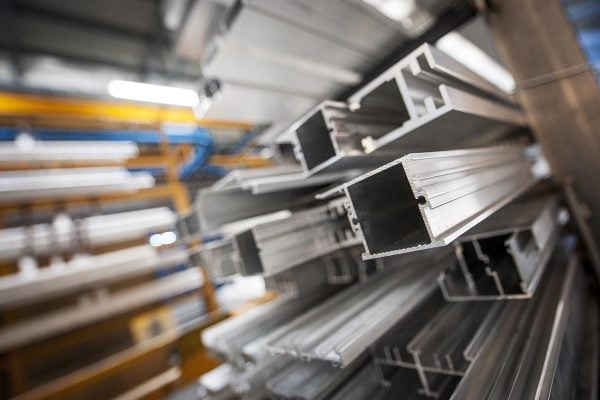
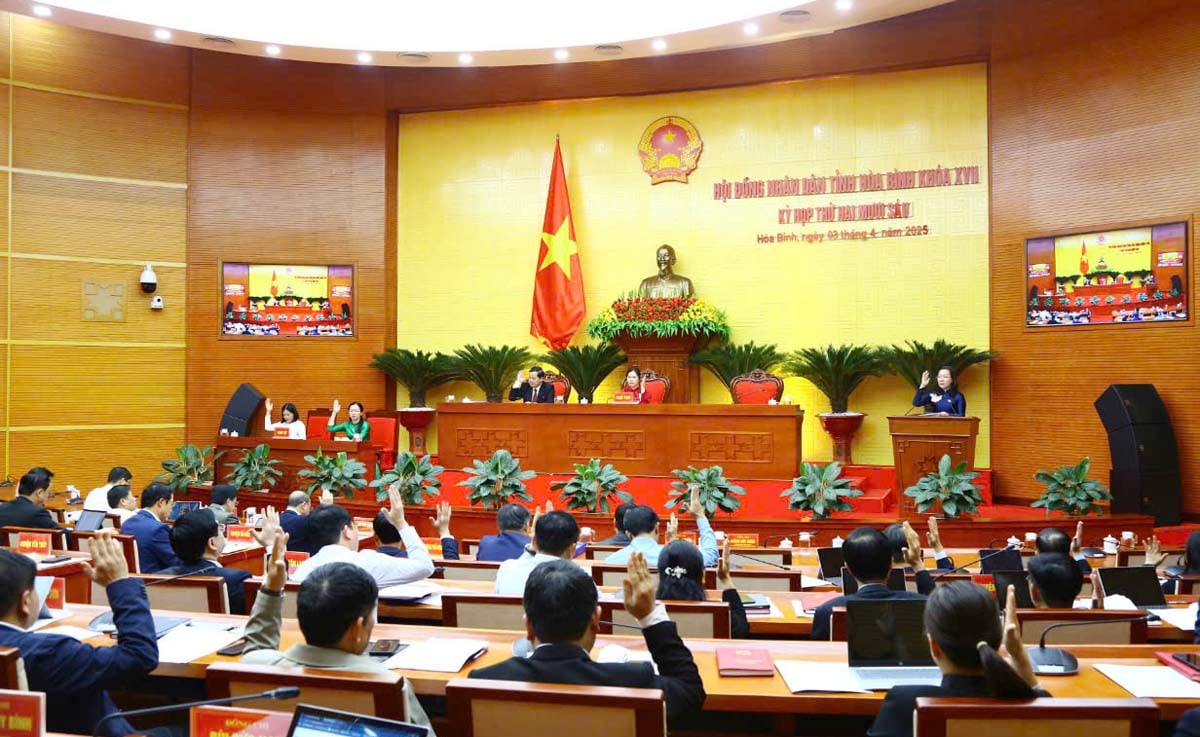
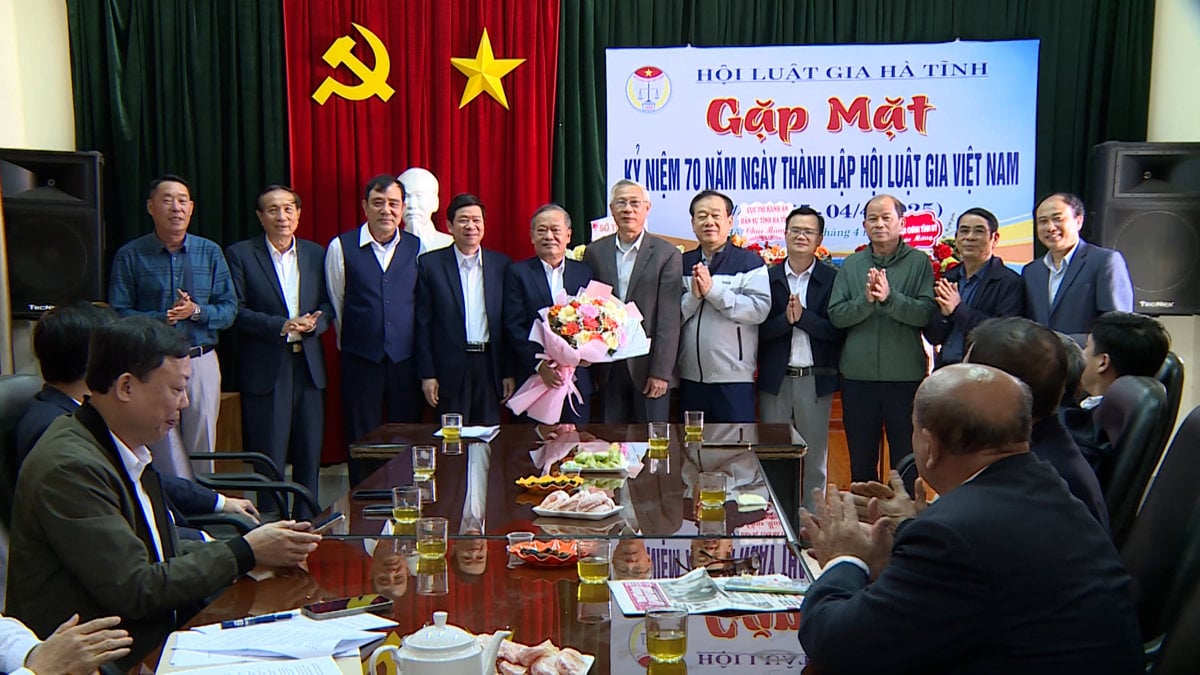
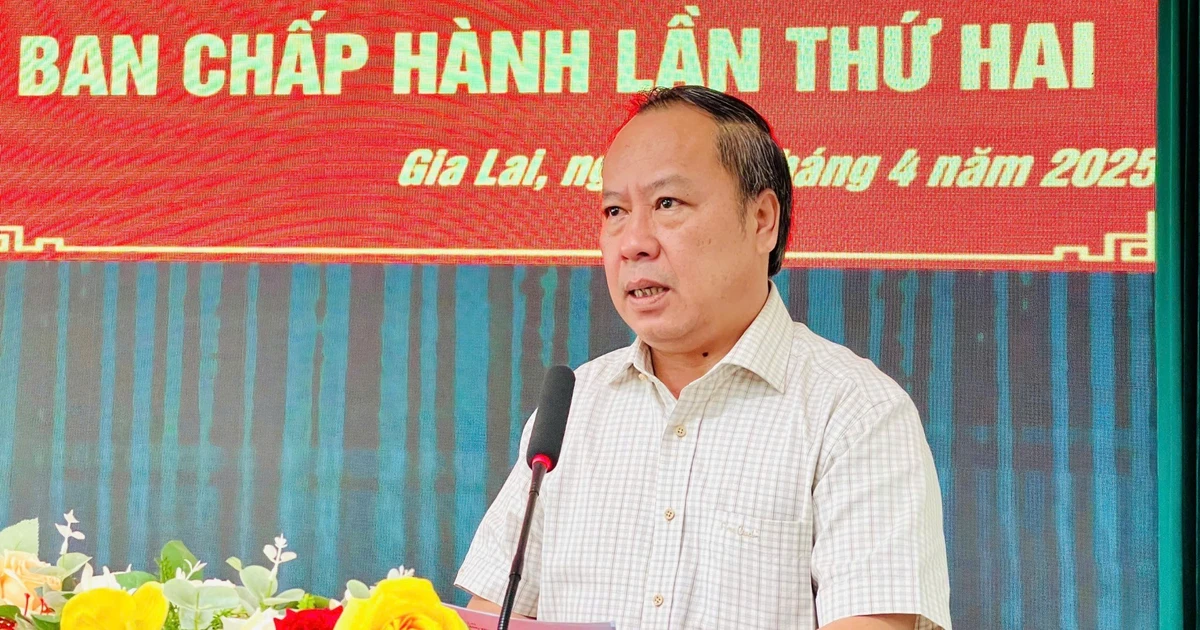
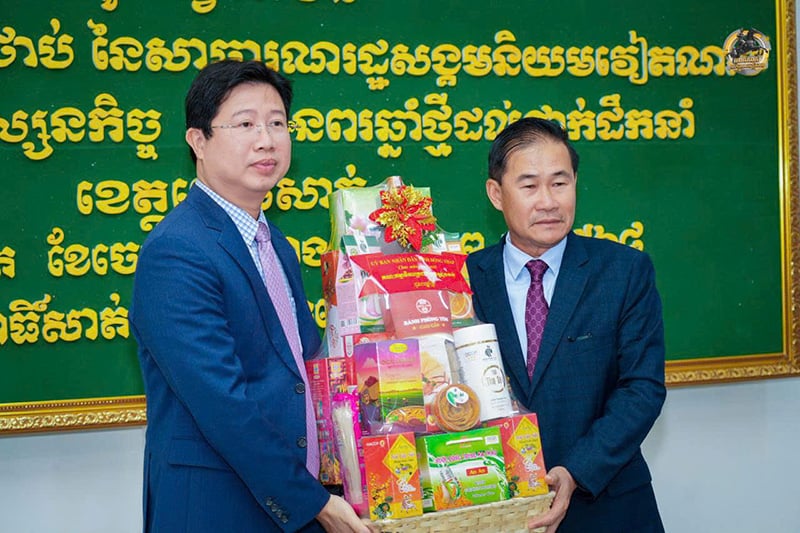

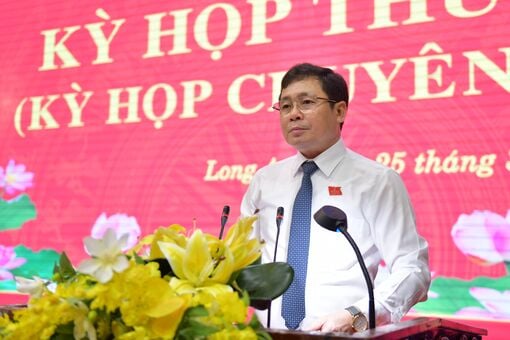












Comment (0)